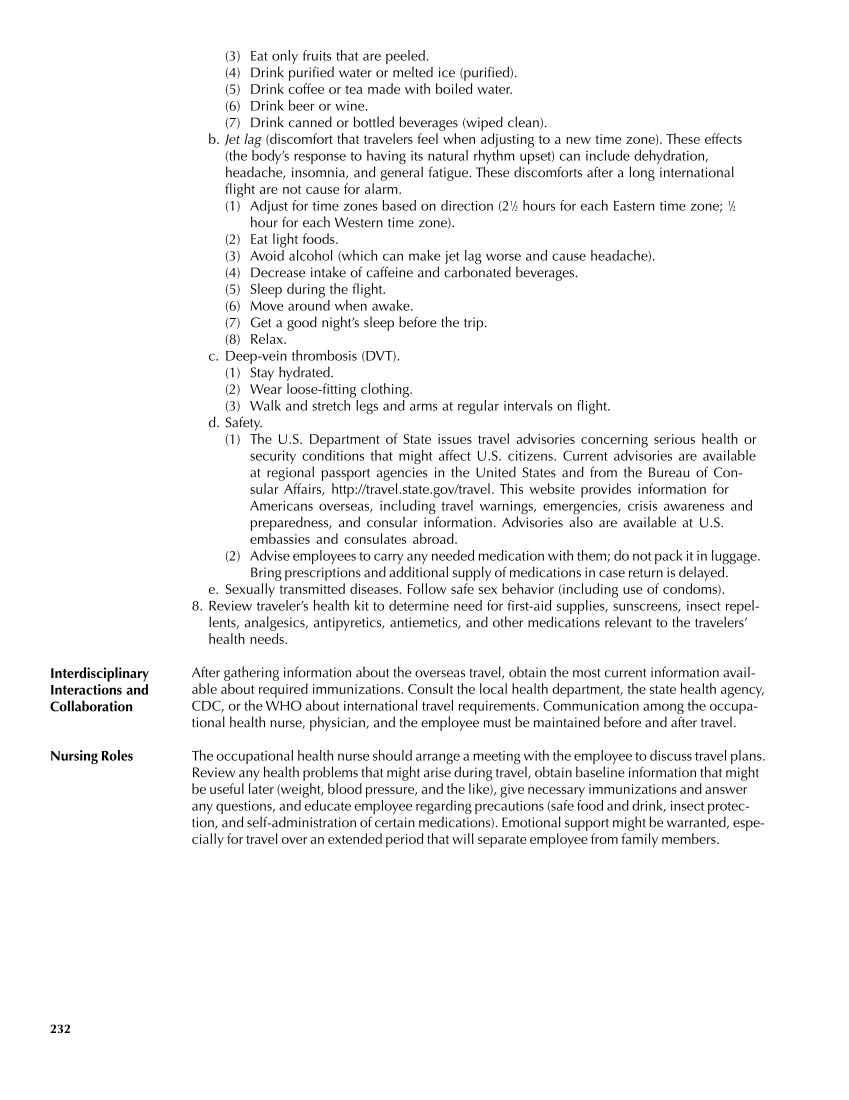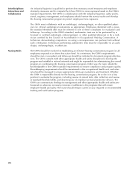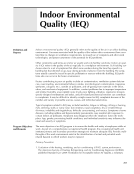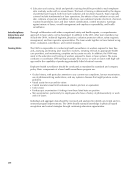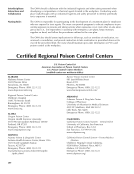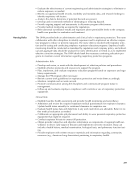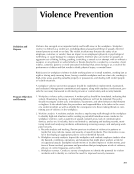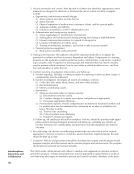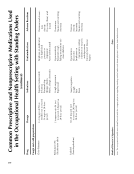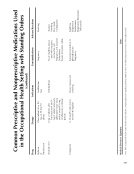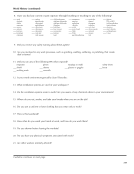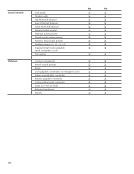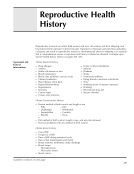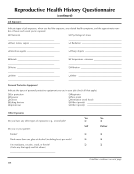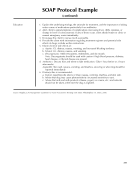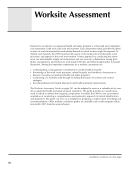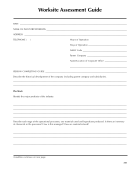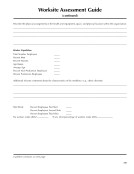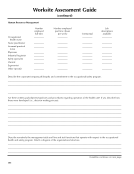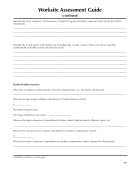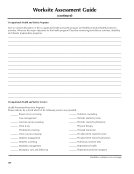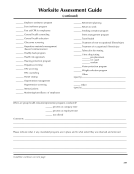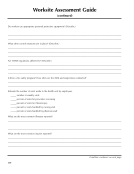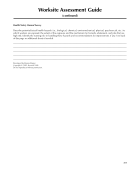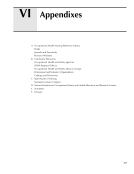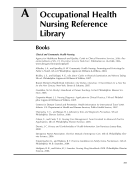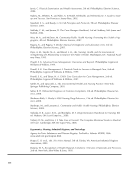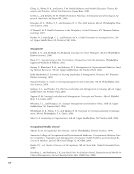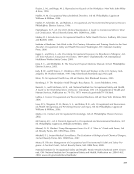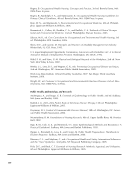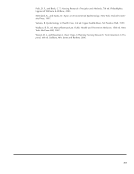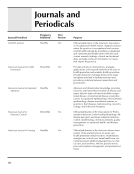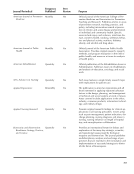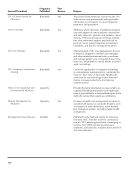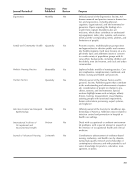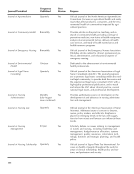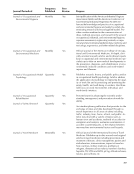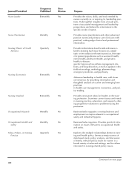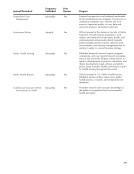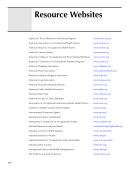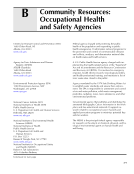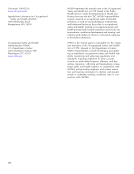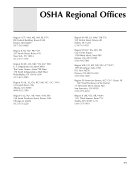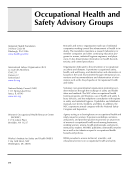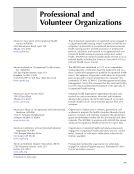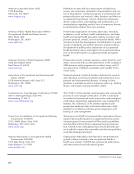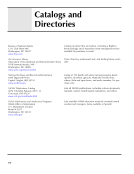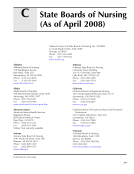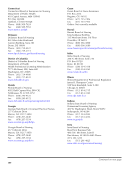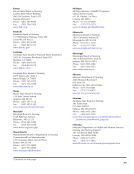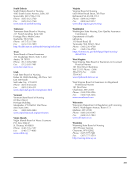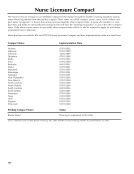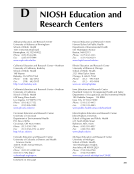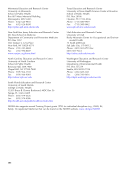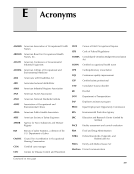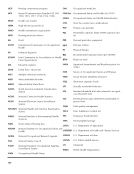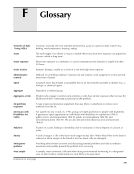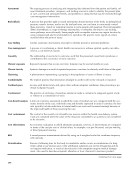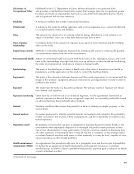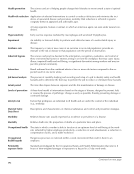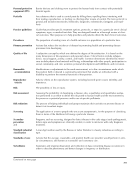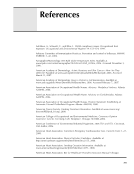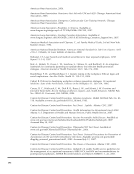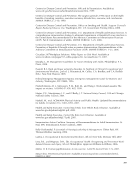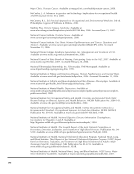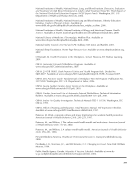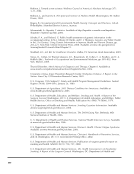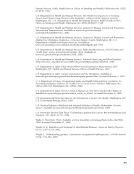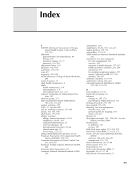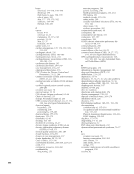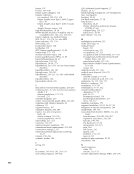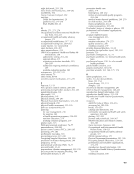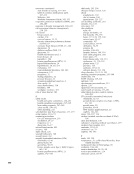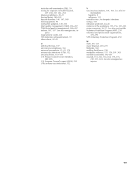(3) Eat only fruits that are peeled. (4) Drink purified water or melted ice (purified). (5) Drink coffee or tea made with boiled water. (6) Drink beer or wine. (7) Drink canned or bottled beverages (wiped clean). b. Jet lag (discomfort that travelers feel when adjusting to a new time zone). These effects (the body’s response to having its natural rhythm upset) can include dehydration, headache, insomnia, and general fatigue. These discomforts after a long international flight are not cause for alarm. (1) Adjust for time zones based on direction (21∕2 hours for each Eastern time zone 1∕2 hour for each Western time zone). (2) Eat light foods. (3) Avoid alcohol (which can make jet lag worse and cause headache). (4) Decrease intake of caffeine and carbonated beverages. (5) Sleep during the flight. (6) Move around when awake. (7) Get a good night’s sleep before the trip. (8) Relax. c. Deep-vein thrombosis (DVT). (1) Stay hydrated. (2) Wear loose-fitting clothing. (3) Walk and stretch legs and arms at regular intervals on flight. d. Safety. (1) The U.S. Department of State issues travel advisories concerning serious health or security conditions that might affect U.S. citizens. Current advisories are available at regional passport agencies in the United States and from the Bureau of Con- sular Affairs, http://travel.state.gov/travel. This website provides information for Americans overseas, including travel warnings, emergencies, crisis awareness and preparedness, and consular information. Advisories also are available at U.S. embassies and consulates abroad. (2) Advise employees to carry any needed medication with them do not pack it in luggage. Bring prescriptions and additional supply of medications in case return is delayed. e. Sexually transmitted diseases. Follow safe sex behavior (including use of condoms). 8. Review traveler’s health kit to determine need for first-aid supplies, sunscreens, insect repel- lents, analgesics, antipyretics, antiemetics, and other medications relevant to the travelers’ health needs. After gathering information about the overseas travel, obtain the most current information avail- able about required immunizations. Consult the local health department, the state health agency, CDC, or the WHO about international travel requirements. Communication among the occupa- tional health nurse, physician, and the employee must be maintained before and after travel. Nursing Roles The occupational health nurse should arrange a meeting with the employee to discuss travel plans. Review any health problems that might arise during travel, obtain baseline information that might be useful later (weight, blood pressure, and the like), give necessary immunizations and answer any questions, and educate employee regarding precautions (safe food and drink, insect protec- tion, and self-administration of certain medications). Emotional support might be warranted, espe- cially for travel over an extended period that will separate employee from family members. 232 Interdisciplinary Interactions and Collaboration
Purchased from OEM Press by (ge corporate access). (C) 2013 OEM Health Information, Inc. All rights reserved.
